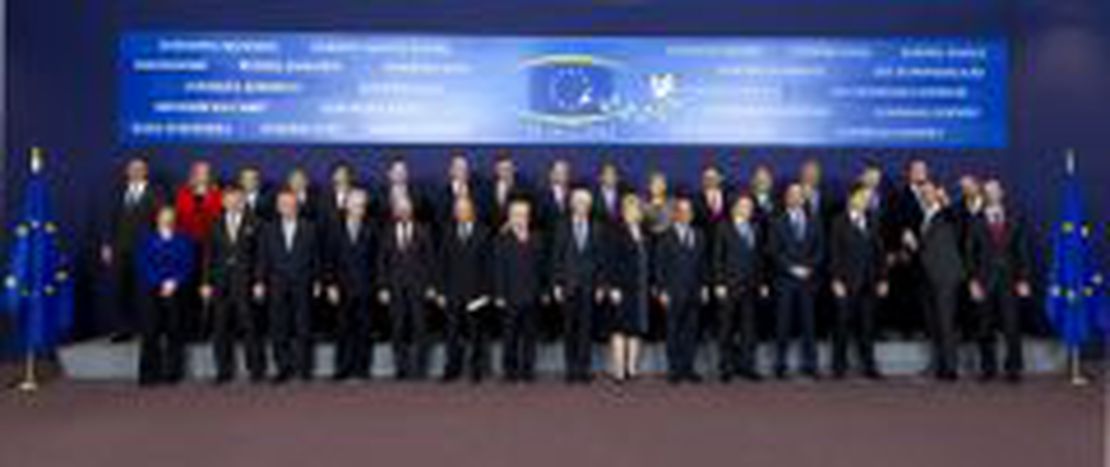
Excessive Councils Harming Health of EU?
Published on
By Pierre-Yves Leveaux (live from the European Summit), translated by Danica Jorden Following the 17-18 October and 22-23 November Summits on the European Union’s budget, 2012’s last meeting of the European Council opened today in Brussels. Not bad for an event that was supposed to be quarterly. Three meetings in three months for the European Council: A sign of intensifying European politics?
Hard to say, because even if these meetings are multiplying, the resolutions adopted do not always, in fact, never translate into major political decisions. Proof could be found at the October summit dedicated to the EU budget, where the prickly questions were put off to next year. The question has to be asked: Will this Council be an umpteenth shot in the dark?
An unencumbered starter
In the wings of the working sessions of the 27 Heads of State and Government and representatives of European institutions, meetings of the “Economic and Financial Affairs” Council and the Eurogroup were also held. The ECOFIN meeting, bringing together the finance ministers of the different Members States, came up with an agreement on banking surveillance mechanisms. Berlin and Paris were on the same page, according the role of “European banking watchdog” to the ECB, but only under certain conditions.
As for the Eurogroup, it officially approved the second economic adjustment programme for Greece, after that country was successful in its debt buyback, the condition it had to meet in order to unblock a 34.4 billion euro loan fund. This sum will be used notably to recapitalise the Greek banking system, as well as reimburse 9.3 billion euros that the State owes its citizens.
Filled up on the main dish
The main subject to be served at the Council will be the creation of the economic and monetary union. Despite President Hermann Van Rompuy’s roadmap that Member States requested in June, and even though the Commission communicated on this subject at the end of November, the decisions necessary to put such a union into place will undoubtedly not be made at this Summit. Its realisation will necessitate a stable political situation and depend especially upon the election results in Italy, and more so in Germany, where Angela Merkel aspires to a third term in 2013.
The other programme points will deal with the Commission’s annual growth survey, which the Council will defer until the March 2013 Summit. The goal of this report is to coordinate Member States’ efforts towards relaunching growth in a sustainable manner. Conclusions concerning defence will also be adopted in view of the preparatory work for the December 2013 European Council, which should be dedicated essentially to this subject. Namely, increasing effectiveness of the missions undertaken within the framework of the Common Defence and Security Policy, improving the development of defensive capacities and reinforcing the European defence industry.
Having unexpected guests, while not officially on the Summit’s programme, the subject of expansion was discussed, as well as possible sanctions against North Korea, following the recent launching of one of its rockets.
As one can see, the menu is ample and plentiful, making over-consumption a distinct possibility, with the risk of leaving a few plates in the fridge for future Councils. Which, in times of food shortages, is never advisable.



